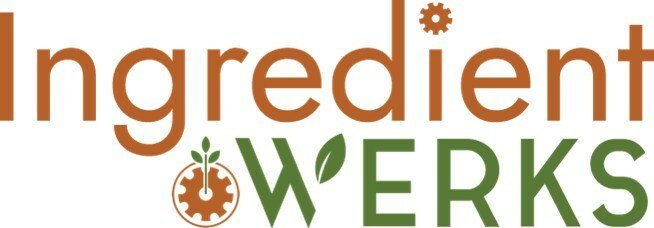Sunday, 1 March 2026
IngredientWerks produces Meaty Corn alternative protein with a carbon-neutral footprint
As a high-value heme protein and key animal replacement ingredient, bovine myoglobin is used to mimic the taste, texture and aroma of meat in alternative protein applications IngredientWerks announced it…

As a high-value heme protein and key animal replacement ingredient, bovine myoglobin is used to mimic the taste, texture and aroma of meat in alternative protein applications
IngredientWerks announced it has achieved a major milestone for the alternative protein industry by producing proprietary corn expressing high levels of bovine myoglobin. As a high-value heme protein and key animal replacement ingredient, bovine myoglobin is used to mimic the taste, texture and aroma of meat in alternative protein applications. Using corn as a ‘manufactory’ for the production of high-value proteins like its ‘Meaty Corn,’ IngredientWerks leverages the immense capacity of the US agricultural cultivation and processing infrastructure to produce these valuable proteins at industrial scale, with a carbon-neutral footprint, and at a fraction of the cost to produce the majority of these alternative animal proteins today.
In Q2 of this year, the Company verified its myoglobin production platform significantly exceeded its initial target expression level of heme at 10mgs per gram of corn, a level which the company calculates confers an unprecedentedly low cost for heme production. Additionally, this achievement represents the first successful expression of myoglobin beef in corn, a plant-based, molecular farming application. Accordingly, the Company has protected this proprietary application with corresponding patent application filings. As a heme-binding protein traditionally found in the muscle tissue of cows, myoglobin is an important taste additive critical for creating meatier flavours in the growing alternative protein space which the company believes represents a $ 1 billion global market opportunity.
“This achievement is to the alternative protein industry as is the advancement in lithium-ion battery technology to the electric vehicle market – an engine that creates quality, affordable, and sustainable value and helps drive consumer adoption,” said Matt Plavan, CEO of IngredientWerks. “By reaching these expression levels of myoglobin in corn, we believe we’ve solved three of the greatest challenges facing the alternative protein markets today – the production of high-quality, low-cost animal proteins at scale.”
Technology
Ingredion Thailand Achieves 100% Sustainably Sourced Cassava
Feb 27, 2026 | Company News
Deakin University and Bellarine Foods Partner to Develop Sustainable Marine-Derived Proteins
Feb 26, 2026 | Australia
Royal Unveils Refreshed Jute Bag Design for 20lb Authentic Basmati
Feb 25, 2026 | Company News
Food Testing
Australian Medical Bodies Push for Compulsory Health Star Labelling
Feb 24, 2026 | Australia
Tim Hortons Singapore Secures Majlis Ugama Islam Singapura Halal Certification Ahead of Ramadan
Feb 23, 2026 | Company News
More Popular
Fagron Acquires Pharmavit Europe for €68Mn to Expand Nutraceutical Portfolio
Feb 27, 2026 | Company News
Arla Foods Invests EUR 300Mn in New Cheese Dairy in Sweden
Feb 27, 2026 | Company News
Beyond Meat Broadens Portfolio Beyond Protein with Sparkling Plant-Based Drink Line
Feb 27, 2026 | Beverages






